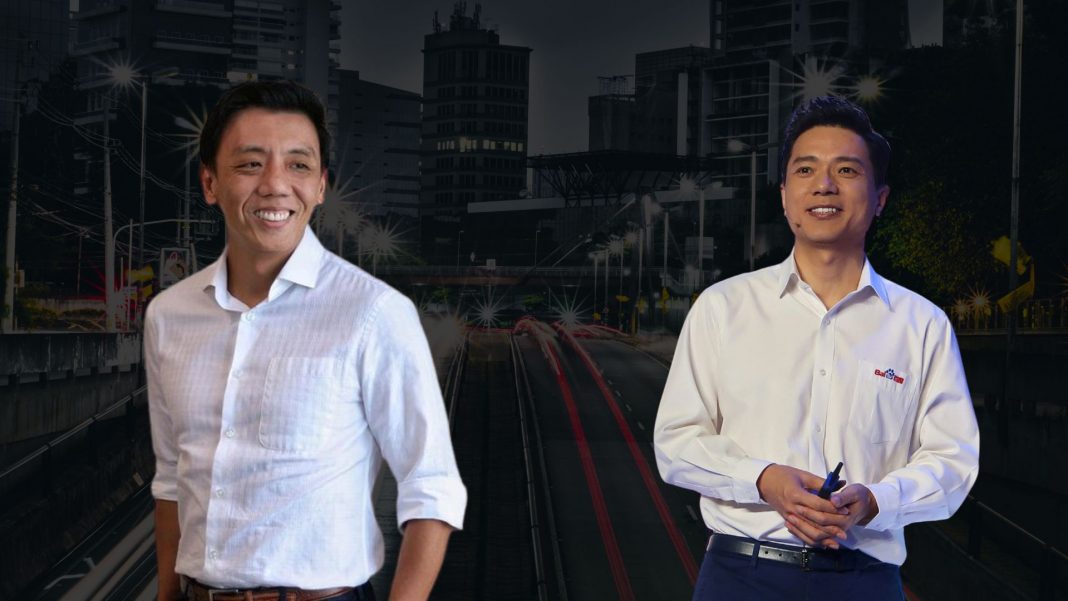SINGAPORE/HONG KONG: In a move that signals the growing global momentum behind autonomous vehicles, Chinese tech giant Baidu Inc. is preparing to launch its Apollo Go robotaxi service in Singapore and Malaysia by the end of 2025.
Sources close to the matter say Baidu is in talks with local taxi operators and mobility service providers, seeking to tailor a business model that fits the unique transport ecosystems of both countries. The company is adopting what it calls an “asset-light” strategy—prioritising partnerships over direct fleet ownership—underscoring its interest in collaborating with trusted local players.
Baidu has been building up its capabilities steadily. Since its launch, Apollo Go has clocked more than 11 million rides, largely in China, and deployed over 1,000 autonomous vehicles. These figures put it ahead of Waymo, the autonomous arm of Google parent Alphabet, which has reached around 10 million paid rides globally.
This Southeast Asian expansion comes at a time when Tesla is also on the cusp of launching its long-anticipated Cybercab robotaxi network in the United States, heightening competition in the driverless mobility race.
Beyond Singapore and Malaysia, Baidu has its sights set on Europe and the Middle East. The firm is reportedly exploring a partnership with PostAuto, a Swiss Post subsidiary, to bring Apollo Go to Switzerland. Talks are also ongoing for a possible entry into Turkey.
Still, questions remain—not about the technology itself, which has matured considerably in recent years—but about how it will be integrated into the lives of people in vastly different cities. What kind of regulations will apply? Will the public embrace it? And how will existing transport players respond?
While Baidu has not released specific launch dates, its expansion reflects a broader shift in how urban mobility may evolve—one where technology, policy, and public trust will need to move in sync.
For now, the streets of Singapore and Kuala Lumpur may soon offer a glimpse into a future where steering wheels go untouched and artificial intelligence quietly takes the wheel.
Singapore’s AV push gathers steam
Just days before the Chinese tech giant confirmed plans to introduce its Apollo Go autonomous ride-hailing service in Singapore and Malaysia, Transport Minister Jeffrey Siow unveiled new plans to scale up the country’s own autonomous vehicle (AV) ambitions.
At a transport policy event earlier this month, Siow called AVs “a crucial lever” in tackling Singapore’s manpower shortage in public transport, particularly bus services. While Singapore’s population continues to grow and towns such as Tengah, Pasir Ris, and Punggol expand, the supply of bus drivers has not kept pace. Autonomous buses, Siow argued, could plug this gap.
“Introducing new bus routes isn’t as straightforward as just buying more buses. We also need drivers — and we’re running out,” he said.
Singapore’s AV journey isn’t new. Trials began as early as 2015, and testbeds have since emerged in places like NUS, Jurong Innovation District, and Punggol. But 2026 marks a turning point: for the first time, autonomous public buses will be tested along two existing routes.
These may start on fixed loops between MRT stations and housing estates, but Siow hinted at more flexible applications down the line, such as AVs ferrying patients to polyclinics during off-peak hours, or even dynamic routes resembling private-hire cars.
“If you can summon an AV within five minutes, pay per ride, and skip the stress of parking or maintenance, then it may no longer make sense to own a car,” he said. “And that has big implications for how we think about car ownership — even COE.”
The convergence of Baidu’s expansion and Singapore’s AV vision signals a future where the distinction between public, private, and shared transport begins to blur — and where the idea of driving as a necessity may gradually give way to on-demand autonomy.

